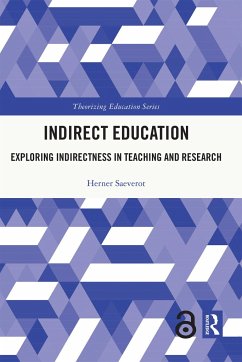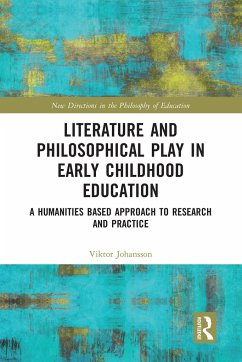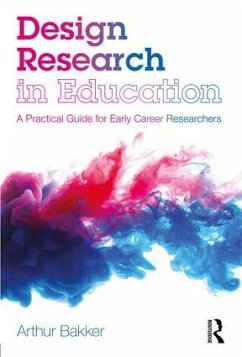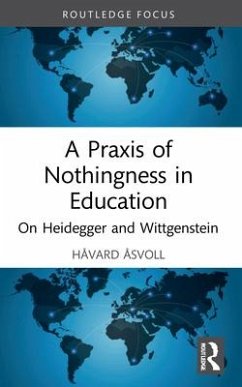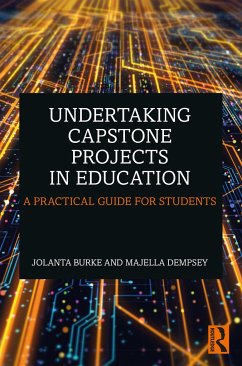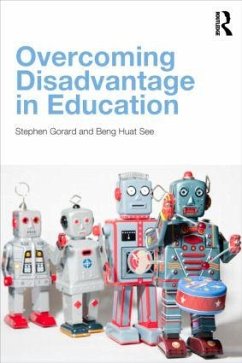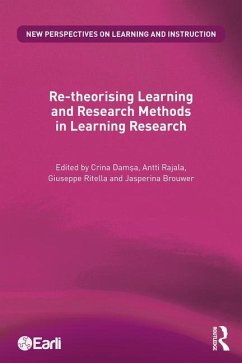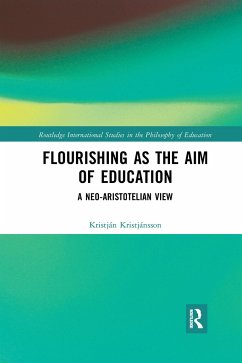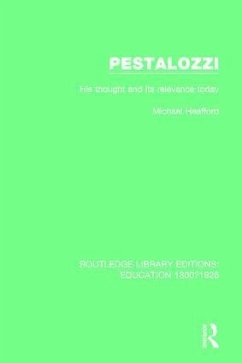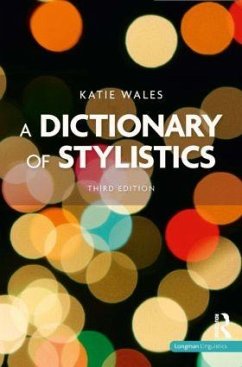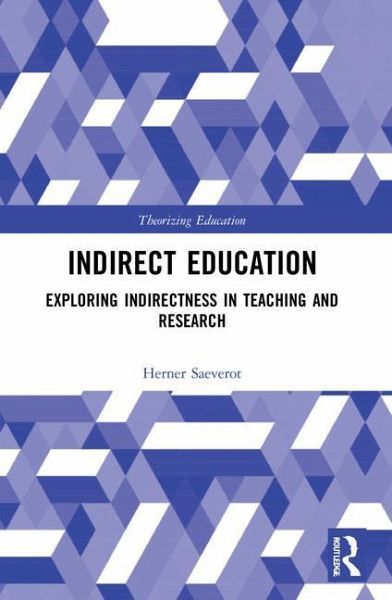
Indirect Education
Exploring Indirectness in Teaching and Research
Versandkostenfrei!
Versandfertig in 1-2 Wochen
53,99 €
inkl. MwSt.

PAYBACK Punkte
27 °P sammeln!
Indirect Education discusses direct and indirect pedagogies, and the complexities of these concepts within the field of education practice and research. It addresses the question of when it is most beneficial to be indirect with regards to teaching and educational research.





